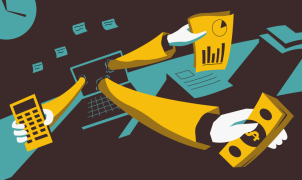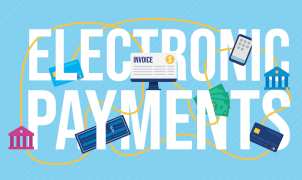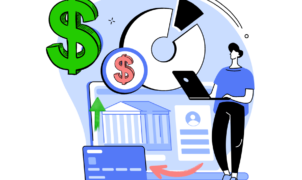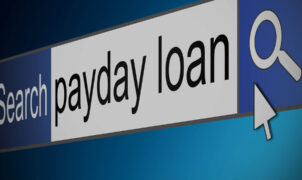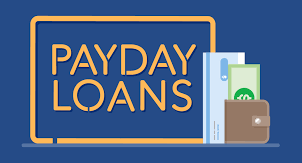What Is a Payday Loan?
A payday loan is a type of short-term borrowing where a lender will extend high-interest credit based on your income. Its principal is typically a portion of your next paycheck. Payday loans charge high-interest rates for short-term, immediate credit. They are also called cash advance loans or check advance loans.
KEY TAKEAWAYS
- Payday loans are short-term, very-high-interest loans available to consumers.
- Payday loans are typically based on how much you earn, and you usually have to provide a pay stub when applying for one.
- Payday loans are not available in all states. Sixteen states—Arizona, Arkansas, Colorado, Connecticut, Georgia, Maryland, Massachusetts, Montana, New Hampshire, New Jersey, New York, North Carolina, Pennsylvania, South Dakota, Vermont, and West Virginia—and the District of Columbia outlaw payday loans of any kind.
- A number of laws have been put in place over the years to regulate the high fees and interest rates with payday loans.

Using Payday Loans
Payday loans charge borrowers high levels of interest and do not require any collateral, making them a type of unsecured personal loan. These loans may be considered predatory lending, as they have extremely high interest, don’t consider a borrower’s ability to repay, and have hidden provisions that charge borrowers added fees.1
Consumer Financial Protection Bureau. “What Are the Costs and Fees for a Payday Loan?” As a result, they can create a debt trap for consumers. If you’re considering a payday loan, then you may want to look first at safer personal loan alternatives.

How Do Payday Loans Work?
Payday loan providers will normally require you to show proof of your income—usually your pay stubs from your employer. They will then lend you a portion of the money that you will be paid. You will have to pay the loan back within a short time, generally 30 days or less.
Payday lenders take on a lot of risk, because they don’t check your ability to pay back the loan. Because of this, they normally charge very high interest rates for payday loans, and they may also charge high fees if you miss your repayments. This can be dangerous for borrowers because it can mean that you’ll need to borrow more money to cover the cost of the first loan.
How Do I Get a Payday Loan?
Payday loan providers are typically small credit merchants with physical stores that allow on-site credit applications and approval. Some payday loan services also may be available through online lenders.
To complete a payday loan application, you must normally provide pay stubs from your employer that show your current level of income. Payday lenders often base their loan principal on a percentage of the borrower’s predicted short-term income. Many also use a borrower’s wages as collateral. Lenders generally do not conduct a full credit check or consider your ability to repay the loan.

Using Payday Loans
Payday loans charge borrowers high levels of interest and do not require any collateral, making them a type of unsecured personal loan. These loans may be considered predatory lending, as they have extremely high interest, don’t consider a borrower’s ability to repay, and have hidden provisions that charge borrowers added fees. As a result, they can create a debt trap for consumers. If you’re considering a payday loan, then you may want to look first at safer personal loan alternatives.
How Do Payday Loans Work?
Payday loan providers will normally require you to show proof of your income – usually your pay stubs from your employer. They will then lend you a portion of the money that you will be paid. You will have to pay the loan back within a short time, generally 30 days or less.
Payday lenders take on a lot of risk, because they don’t check your ability to pay back the loan. Because of this, they normally charge very high interest rates for payday loans, and they may also charge high fees if you miss your repayments. This can be dangerous for borrowers because it can mean that you’ll need to borrow more money to cover the cost of the first loan.
How Do I Get a Payday Loan?
Payday loan providers are typically small credit merchants with physical stores that allow on-site credit applications and approval. Some payday loan services also may be available through online lenders.
To complete a payday loan application, you must normally provide pay stubs from your employer that show your current level of income. Payday lenders often base their loan principal on a percentage of the borrower’s predicted short-term income. Many also use a borrower’s wages as collateral. Lenders generally do not conduct a full credit check or consider your ability to repay the loan.


